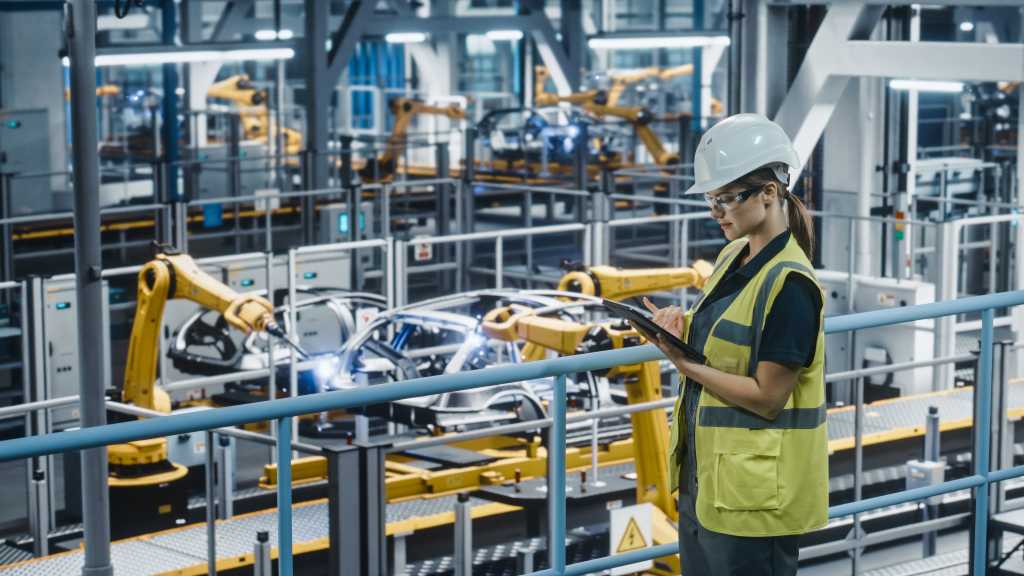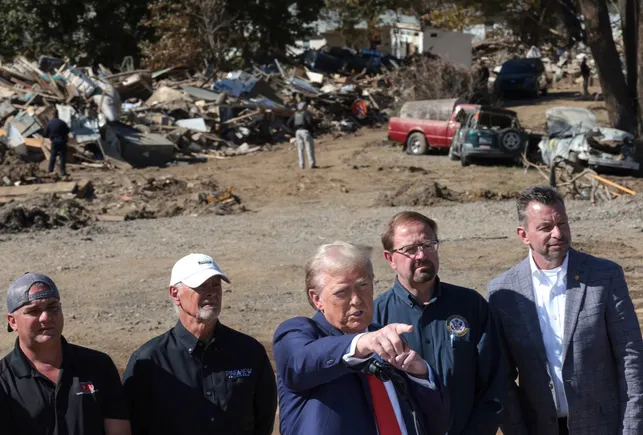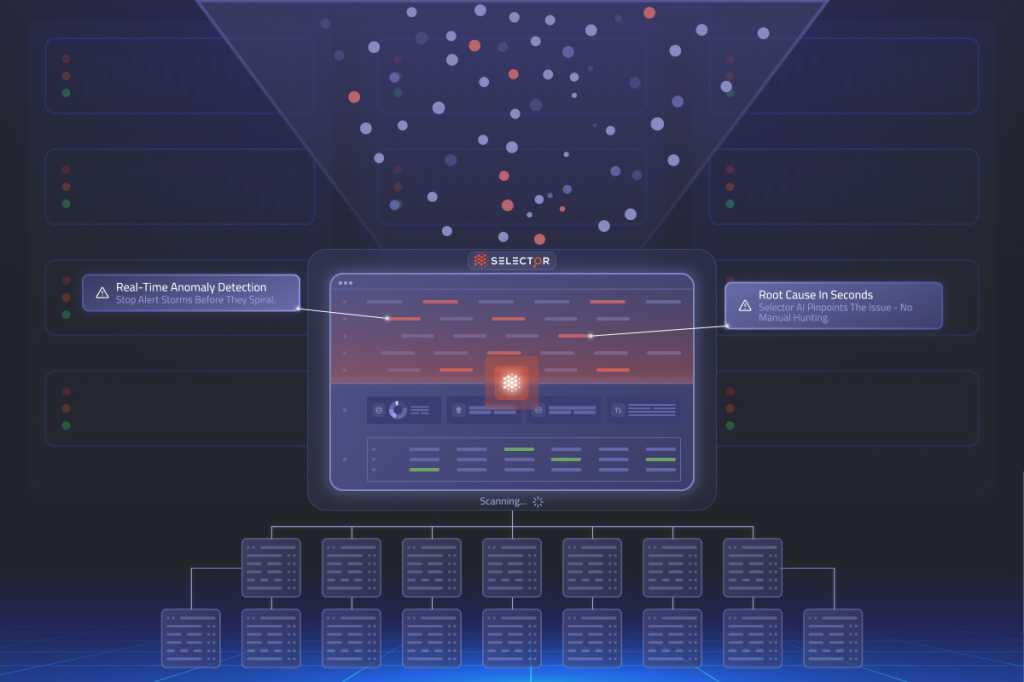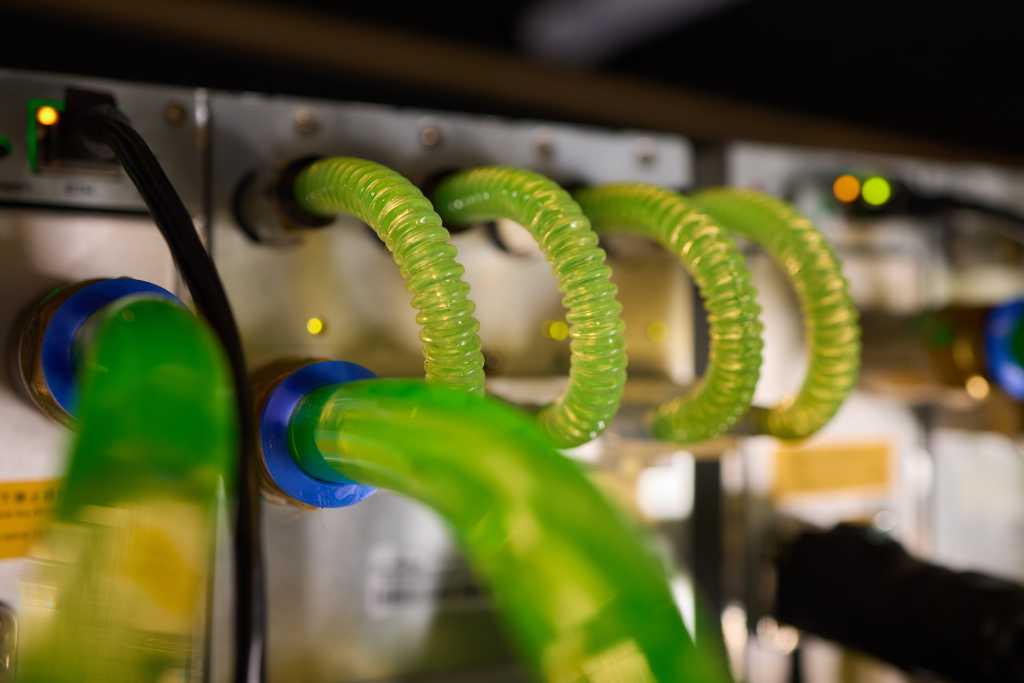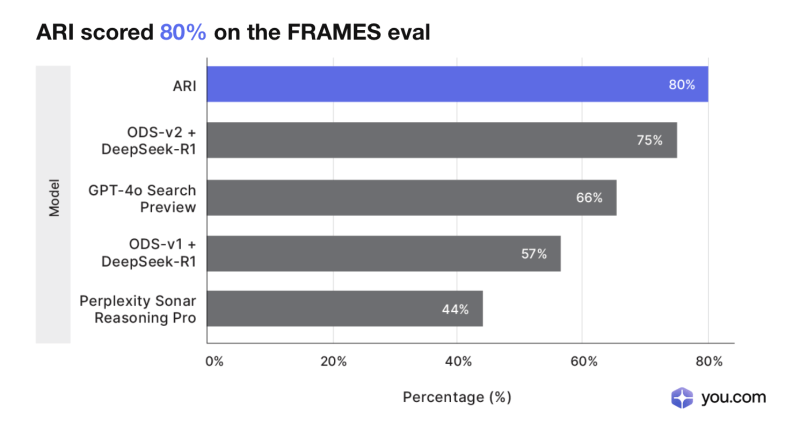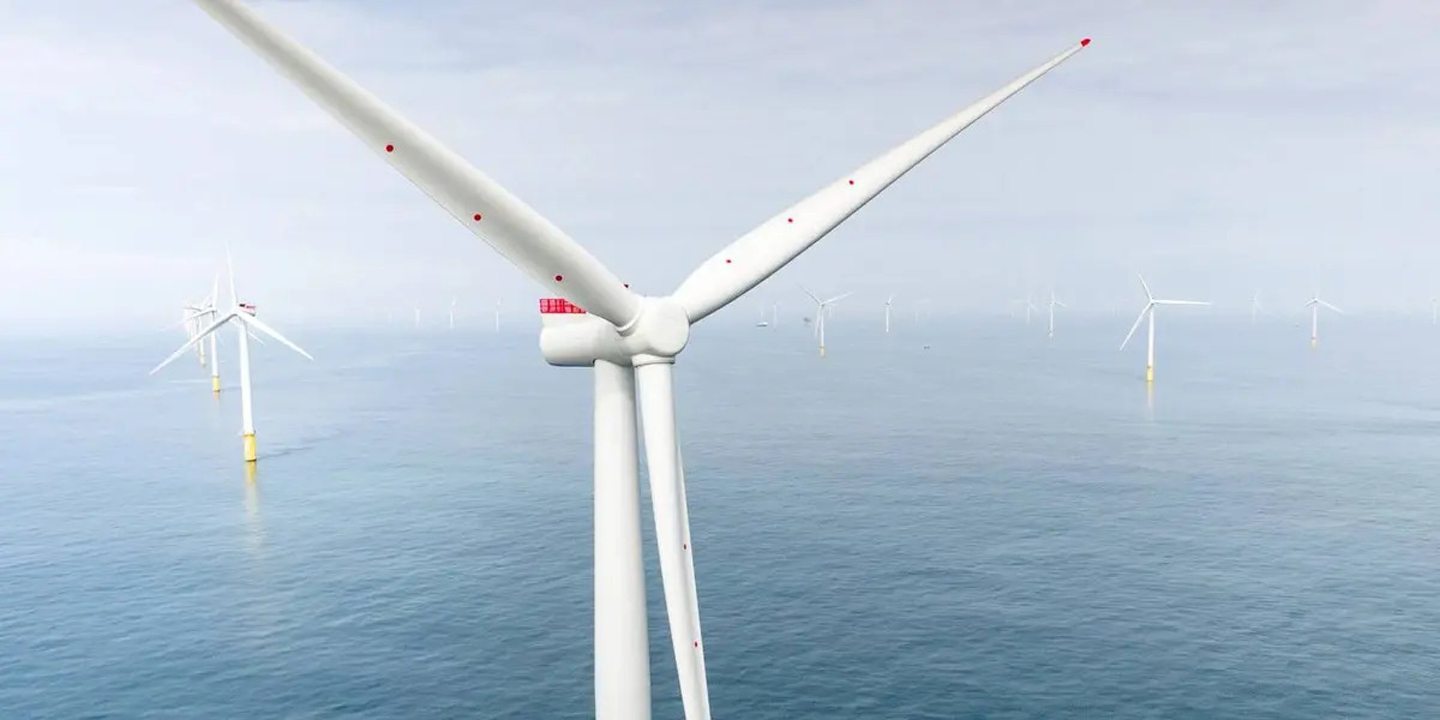
Upheavals in US offshore wind, such as the US government’s order to halt work on Empire Wind, could see funding flowing into projects in Europe.
Speaking during All Energy in Glasgow, Haventus chief executive Lewis Gillies said: “There’s a tonne of money in the US looking for a home and it’s looking to Europe. If we can take advantage of that, it’s a great opportunity.”
Equinor has been developing the 810MW Empire Wind 1 project in New York since 2017 when it received the lease agreement.
However, US president Donald Trump has long been sceptical about offshore wind, having been involved in a legal battle with the Scottish government over the Aberdeen Bay project, which is visible from his Balmedie golf course.
On starting his regime in January, he was quick to place an injunction on leasing new seabed for wind energy projects, with the order specifically saying it did not apply to oil and gas developments.
And then the US government issued an order to stop work on Empire Wind 1 in April pending a review, bringing the recently started offshore construction to a halt.
The decision to stop such a well-progressed project has sent shockwaves through the US offshore wind industry, creating concern that other projects could suffer similar orders. Equinor has even said that it may even abandon the project altogether.
But the US’s loss could be the UK’s gain.
Gillies noted that there’s still a large appetite among US private equity to invest in companies involved in the global energy transition.
“There are now very few opportunities to do that in a US context,” he said.
“It’s a huge change from last year, especially considering the US Inflation Reduction Act which ploughed so much money into the energy transition.”
However, the UK is still producing poor signals to the market, such as Ørsted’s decision to discontinue its mammoth 2.4GW Hornsea 4 project.
“Hornsea failing is not a great signal,” Gillies said. “We’re really trying to build momentum as we’re essentially building an industry from scratch, which is no different from what we did with the oil and gas industry in the North Sea of the ’70s and ’80s.
“Signals like that really don’t help, but I still believe that the general direction of travel is positive.”


